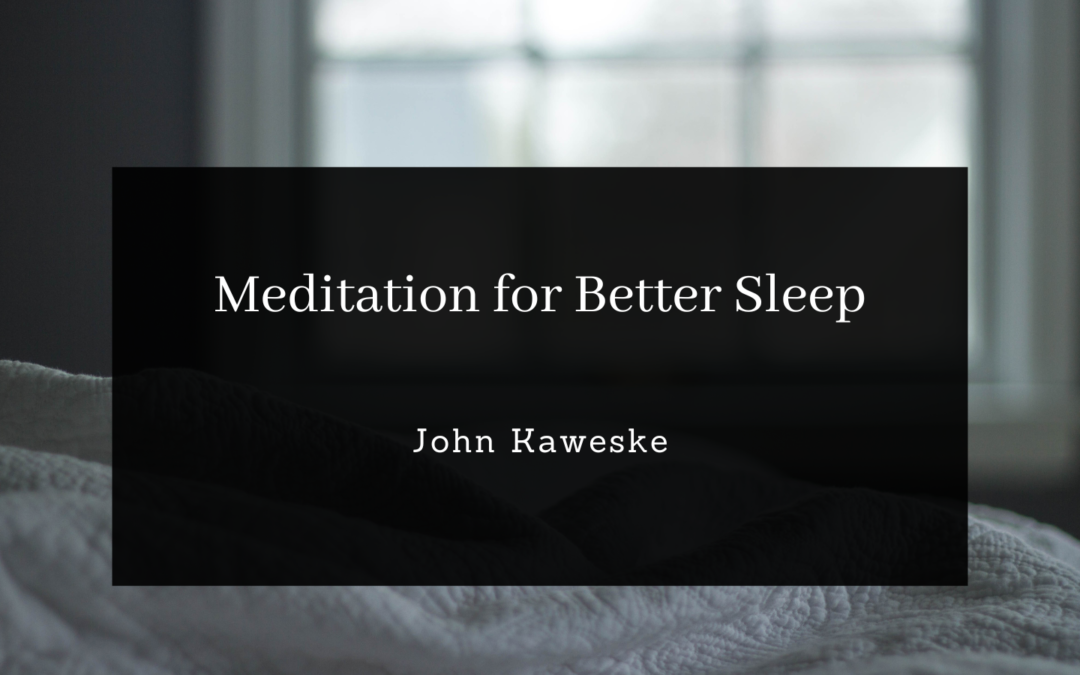Many people experience insomnia, and it’s not an isolated issue. Around 35 to 50% of the global population reportedly experiences this condition. The main reason why people struggle with falling asleep at night is stress. It can trigger anxiety and tension, making it hard to fall asleep. Some people can worsen their existing sleep problems through stress.
Practicing meditation can help people get better sleep. It can help them relax, reduce their stress levels, and improve their overall wellness. In this article, we’ll talk about the various types of meditation and how they can help improve sleep.
Meditation’s effect on sleep
Various physiological changes can occur as a result of meditation. These changes can then influence the body’s processes and trigger sleep.
A study revealed that meditation could help people with moderate to severe sleep problems. For the study, the researchers randomly assigned 49 individuals with this condition to receive a sleep hygiene education or meditation. After six weeks, the meditation group had fewer daytime fatigue and insomnia symptoms.
The researchers noted that meditation could help people with insomnia, as it can improve the relaxation response and control the autonomic nervous system. This helps people get a better night’s sleep.
Meditation can also:
- increase melatonin
- increase serotonin
- reduce heart rate
- decrease blood pressure
- activate parts of the brain that control sleep
How to meditate
Practicing meditation can be done anywhere, and it doesn’t require special equipment or tools. Although it’s easy to start, it requires practice. Having a consistent meditation routine can help people feel more satisfied with their practice.
The basic steps of meditating:
- Lie down or sit in a quiet area that will feel comfortable. Ideally, lying down at night is preferred.
- With your eyes closed and breathe slowly. Practice inhaling and exhaling deeply.
- Let go of thoughts and refocus on your breathing
Although it’s easy to start, being patient with yourself is important. Practice for around three to five minutes before bed, gradually increasing the duration to 15 to 20 minutes. It will take some time to learn how to quiet one’s mind.
Practicing mindfulness meditation is a type of meditation that focuses on the present. It helps people develop an awareness of their body, mind, and emotions. They can let it go without judging themselves if they notice an unsettling thought or feeling.

